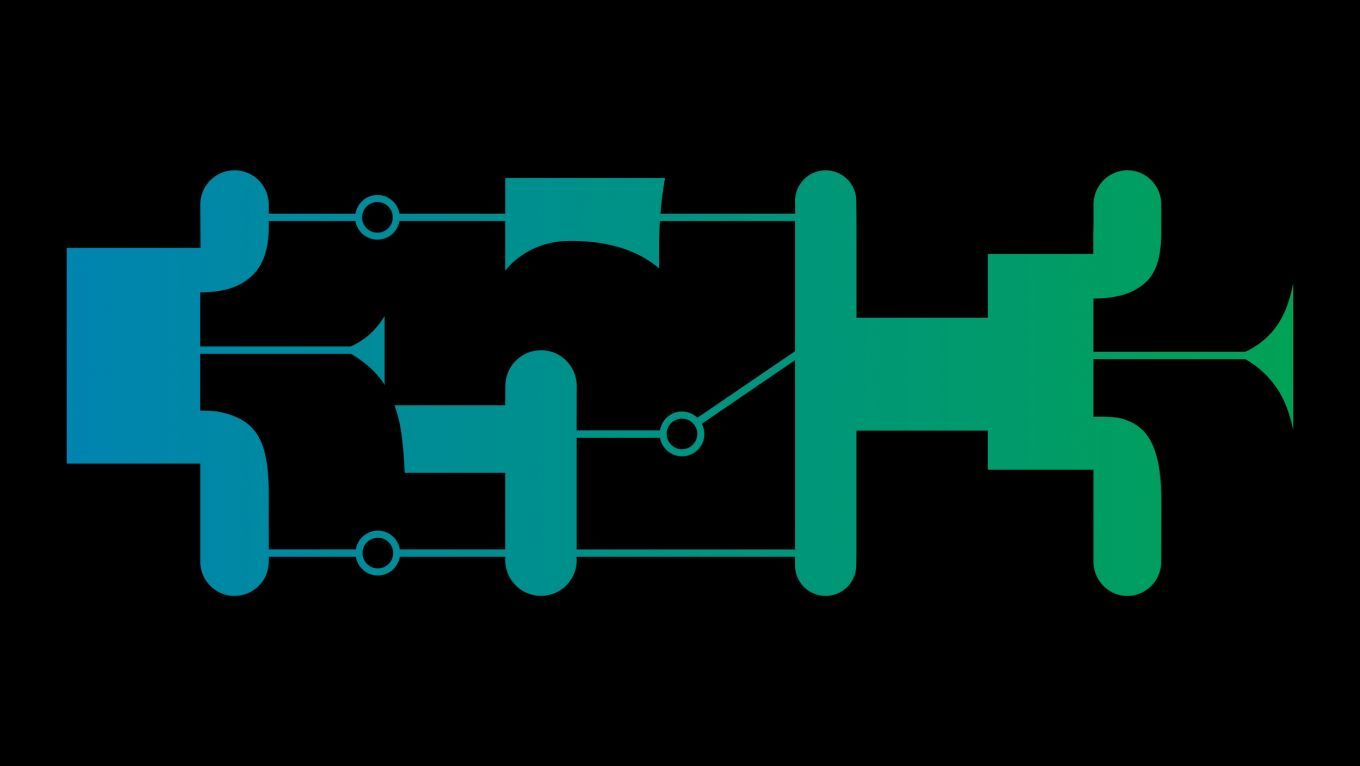Security
Web-based Cryptojacking in the Wild
When your browser is mining coins for other people
A cryptojacking website abuses the computing resources of its visitors to covertly mine for cryptocurrencies in the browser. In this talk, we explore this phenomenon and answer, amongst others, the following questions: How does the mining script work under the hood? How common is this attack? How much money do the attackers earn? And how can I defend myself against such attacks?
With the introduction of memory-bound cryptocurrencies, such as Monero, the implementation of mining code in browser-based JavaScript has become a worthwhile alternative to running dedicated mining rigs. Based on this technology, a new form of parasitic computing, widely called cryptojacking, has gained momentum in the web.
In this talk, we systematically explore this phenomenon: To begin with, we demonstrate how modern web technologies are used to create an efficient miner solely in JavaScript. We then present our methodology on how to identify mining scripts on real websites at scale, which we use for a study on the Alexa top 1 million websites. In particular, we perform several secondary analyses to gain insight into the cryptojacking landscape, including a measurement of code characteristics, an estimate of expected mining revenue, and an evaluation of current blacklist-based countermeasures.
Additional information
| Type | lecture |
|---|---|
| Language | English |
More sessions
| 12/27/18 |
Since a few months we have a new version of TLS, the most important encryption protocol on the Internet. From the vulnerabilities that created the need of a new TLS version to the challenges of deploying it due to broken devices this talk will give an overview of the new TLS 1.3.
|
| 12/27/18 |
UEFI rootkits have been researched and discussed heavily in the past few years, but sparse evidence has been presented of real campaigns actively trying to compromise systems at this level. Our talk will reveal such a campaign successfully executed by the Sednit group. We will detail the full infection chain showing how Sednit was able to install their custom UEFI module on key targets' computers. Additionally, we will provide an in-depth analysis of their UEFI module and the associated ...
|
| 12/27/18 |
Meet SiliVaccine – North Korea's national Anti-Virus solution. SiliVaccine is deployed widely and exclusively in the DPRK, and has been continuously in development by dedicated government teams for over fifteen years. When we heard of this strange software, we were immediately driven to investigate it: it's not every day that you can catch a glimpse of the malware landscape inside the closed garden of the DPRK's intranet. In this talk, we will describe how we were able to obtain a rare copy of ...
|
| 12/27/18 |
In this presentation we will take a look at how to break the most popular cryptocurrency hardware wallets. We will uncover architectural, physical, hardware, software and firmware vulnerabilities we found including issues that could allow a malicious attacker to gain access to the funds of the wallet. The attacks that we perform against the hardware wallets range from breaking the proprietary bootloader protection, to breaking the web interfaces used to interact with wallets, up to physical ...
|
| 12/27/18 |
Voicemail systems can be compromised by leveraging old weaknesses and top of current technology. The impact goes way beyond having your messages exposed.
|
| 12/27/18 |
Die Venenerkennung ist eine der letzten Bastionen biometrischer Systeme, die sich bisher der Eroberung durch Hacker widersetzt hat. Dabei ist sie ein lohnendes Ziel, schützt sie doch Bankautomaten und Hochsicherheitsbereiche. In diesem Talk machen wir die Verteidigungsanlagen dem Erdboden gleich.
|
| 12/27/18 |
We all know what FAX is, and for some strange reason most of us need to use it from time to time. Hard to believe its 2018, right? But can FAX be something more than a bureaucratic burden? Can it actually be a catastrophic security hole that may be used to compromise your entire network? Come watch our talk and find out …
|

